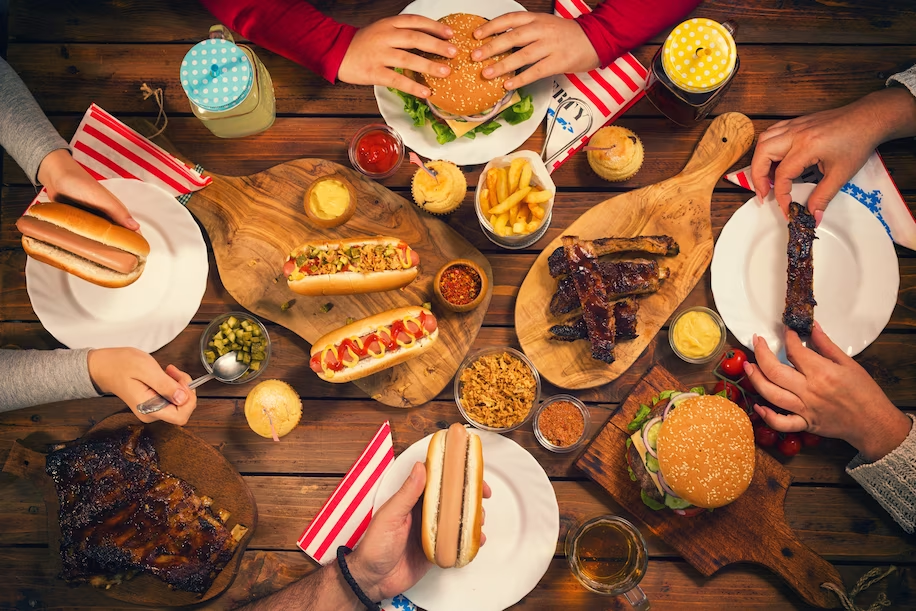As easy as it is to grab a quick premade meal, you may want to think twice about the long-term consequences. An article in the Washington Post talked about the possible dangers of consuming large quantities of "ultra-processed" foods. They reference a recent paper published in The Lancet, that followed the diets of almost 200,000 adults for a 10-year period in the UK and found that "a higher consumption of ultra-processed foods is associated with a greater risk of overall cancer, specifically ovarian and brain cancer." They noticed that for every 10 percent increase of ultras processed food in a person's diet resulted in an increased incidence of 2 percent overall, and a 19 percent increase for ovarian cancer specifically. The article also pointed out that almost 60 percent of the calories that adults consume in the US are from ultra-processed foods, which would mean an overall 120% increase in the risk of ovarian cancer. Also pointed out are other studies on the link between ultra-processed foods and higher rates of obesity, hypertension, type 2 diabetes, and colon cancer. The authors of the paper in The Lancet did note that while this observational study alone cannot definitively link ultra-processed food consumption as the cause of increased cancer risk, the two are certainly associated, and more studies need to be done.
While the one study on it's own does not prove anything, the increasing number of studies that have been released showing similar results paints a pretty bleak picture for ultra-processed foods being a core part of anyone's diet. It is important to highlight the chemical significance of this article, as most people may not understand why this would be possible, if a food is considered safe. A large part of this is that FDA regulation of foods is much lower than that of medication. Something that is developed as a chemical additive or sweetener must go through much less testing before it is considered safe for sale. Another source of an increase in cancer risk could be unintended chemical by-products of processing reactions that, while miniscule in small doses, cause issues when consumed in large quantities over long-periods of time. Overall this article is pretty chemistry agnostic, not painting in either a positive or negative light, only that it is something that must always be considered.

This is definitely a timely item of chemical interest. Your title will definitely attract interest and your graphic is appropriate and eye-catching. Your lede is concise and effective. You summarize some of the detailed chemical issues quite well. The point about the FDA's role in regulating food is particularly appropriate. A little bit more about what is an ultra processed food even if only by a few examples from the NOVA system referred to in the original Lancet article. (butter is not but ice cream with added sugar and preservatives is, etc.) You make the good point that the authors point out that this is an observational study so the correlation they see does not necessarily imply causation. The connection with chemistry is implied: food chemists do the ultra-processing. I would say that is sort of negative. Good post on an interesting article.
ReplyDelete